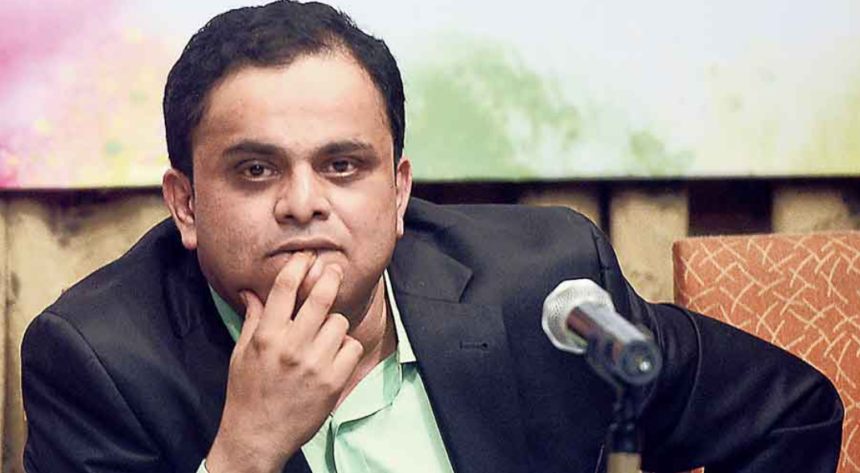West Bengal Board Of Primary Education: The first language is completely up to the student. You can select Bengali as your first language in Kolkata. Nepali can be chosen as the first language in the Darjeeling Hills, according to Education Minister Bratya Basu.
The Words Of The Education Minister Of Bengal : Bratya Basu
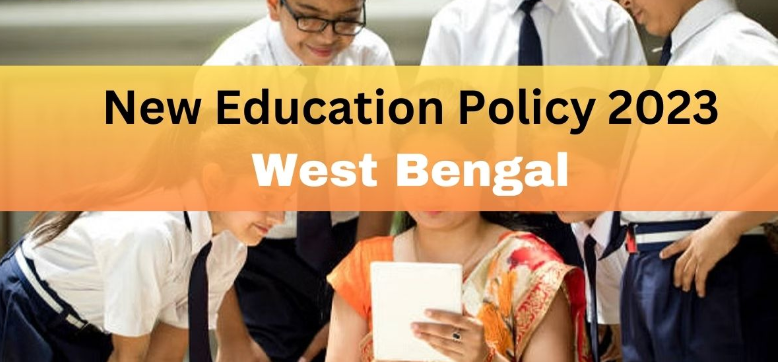
Bratya Basu, the education minister for West Bengal, stated on Tuesday that a kid is free to select his first language and that the state government will not go in the way of that decision. Speaking to reporters, Basu added that the second and third languages will rely on the demographics and racial makeup of the local community.
The first language is completely up to the student. You can select Bengali as your first language in Kolkata. You can select Nepali as your first language in the Darjeeling hills if you so desire, he said.
A student may select Alchiki or Rajbanshi as their first language in some parts of the state. You can choose to make Urdu your first language as well, he continued. He remarked, asserting that the government has no intention of forcing Bengali as the second language, “The second and third languages will entirely depend on the pattern of population and its ethnicity driven by demographic factors.”
He stated that the board and council in schools and the university in colleges will execute the state’s suggestions for educational policy.
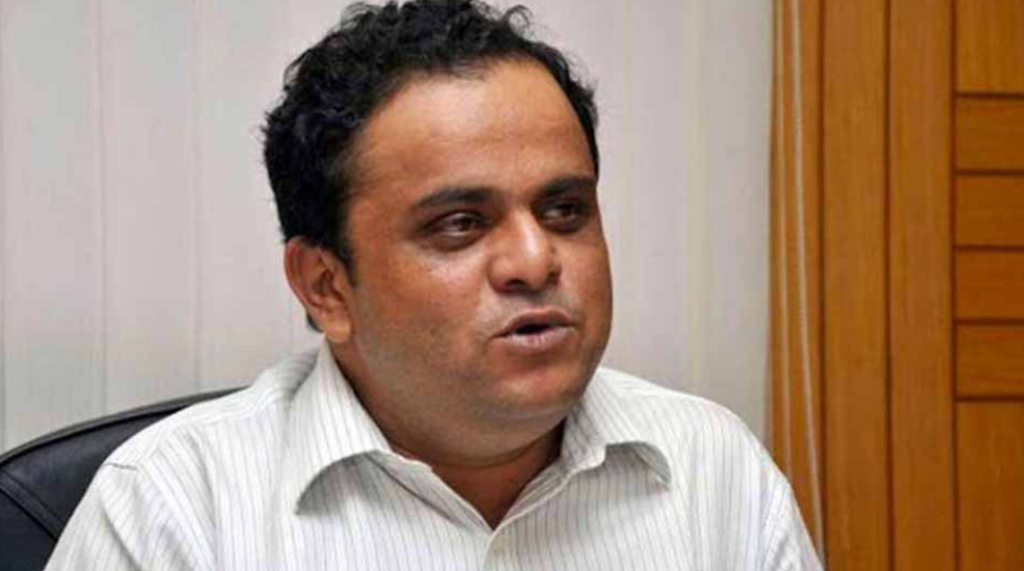
Class 10 final examinations are administered by the West Bengal Board of Secondary Education, and class 12 final exams are administered by the West Bengal Council of Higher Secondary Education. He continued, “We will soon post the whole list of policy recommendations on the official website.
According to an official on Tuesday, the West Bengal government’s new education strategy requires pupils in grades 5-8 to master three languages, with Bengali being given precedence. Two languages would be taught at the primary level, one of which will be the mother tongue.
“The third language may be either a local or regional language or a foreign language, although Bengali, Sanskrit, or Hindi should be given preference. The main goal is to teach West Bengali to young people, the spokesman continued.
In the realm of West Bengal Board Of Primary Education policy, the dynamics of language acquisition and instruction play a pivotal role in shaping the educational landscape. In this comprehensive article, we delve into the intricacies of the Bengal education policy, where the allocation of second and third languages is intricately linked to the population patterns of specific regions.
This policy directive, as announced by the esteemed Minister, holds profound implications for West Bengal Board Of Primary Education system, reflecting the government’s commitment to creating an inclusive and responsive framework that aligns with the unique needs of diverse communities.
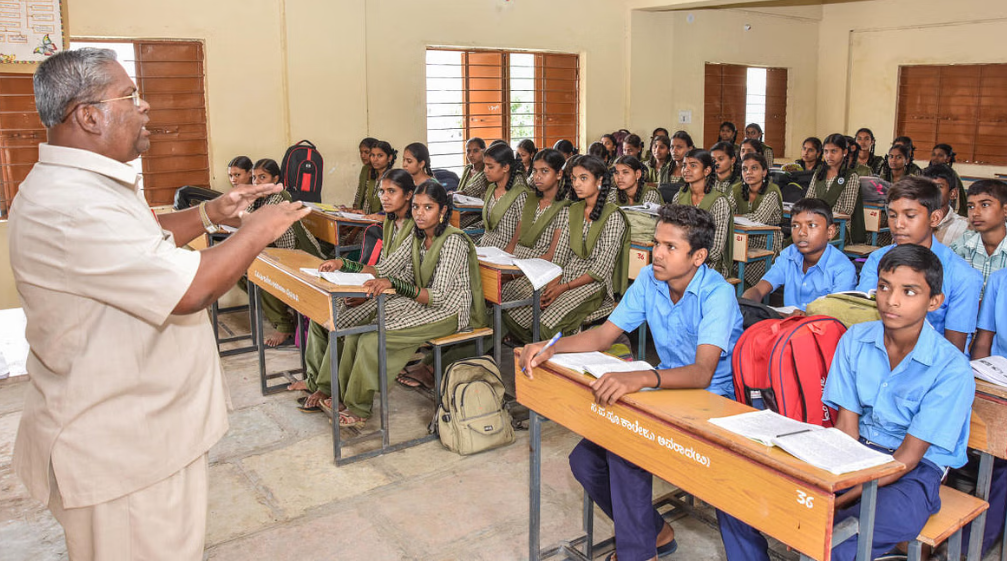
A Visionary Approach to Language Inclusion : West Bengal Board Of Primary Education Policy
The West Bengal Board Of Primary Education Policy stance on second and third languages is a testament to the visionary approach adopted by the government. Rather than adopting a one-size-fits-all model, the policy acknowledges the rich tapestry of linguistic diversity within the state. It recognizes that language is not merely a tool for communication but an intrinsic part of cultural identity.
Tailoring Language Choices to Local Demographics
One of the key highlights of the Bengal education policy is its emphasis on aligning language choices with local demographics. This nuanced approach ensures that students receive an education that is not only academically enriching but also culturally relevant.
The policy asserts that the selection of second and third languages in schools will be contingent upon the population patterns of the respective areas. This signifies a departure from conventional approaches that mandate specific languages irrespective of regional variations.
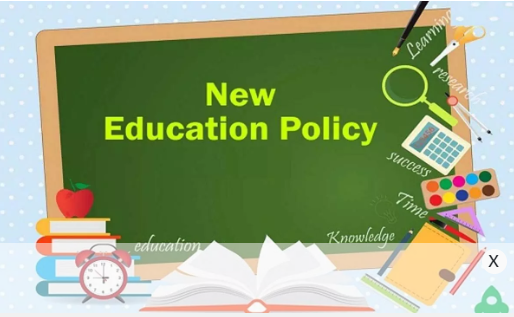
Fostering Linguistic Inclusivity : West Bengal Board Of Primary Education Policy
Linguistic inclusivity lies at the heart of the West Bengal Board Of Primary Education policy. It aims to bridge the gap between linguistic communities, promoting a sense of belonging and unity among diverse populations.
Empowering Local Languages
The policy recognizes the importance of preserving and promoting local languages. By allowing communities to choose their second and third languages based on their demographic composition, the government empowers linguistic minorities, giving them a voice and representation in the educational arena.
Nurturing Multilingual Competence
Another notable aspect of the policy is its focus on nurturing multilingual competence among students. By offering a tailored language curriculum, students have the opportunity to become proficient in languages that are not only globally relevant but also reflective of their regional context.
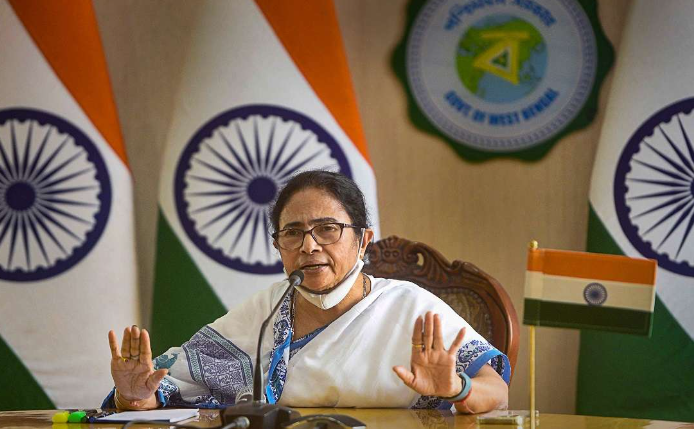
An Inclusive Educational Ecosystem : West Bengal Board Of Primary Education Policy
The West Bengal Board Of Primary Education policy envisions an inclusive educational ecosystem that caters to the needs of every student, regardless of their linguistic background.
Fostering Cultural Understanding
By tailoring language instruction to local demographics, the policy fosters a deeper understanding of different cultures and traditions. Students gain insights into the linguistic and cultural nuances of their own communities, as well as those of their peers from diverse backgrounds.
Promoting Academic Excellence
The flexibility offered by the policy allows students to excel academically while maintaining a strong connection to their roots. This holistic approach ensures that students are not limited by language barriers but instead have the tools to succeed in a globalized world.
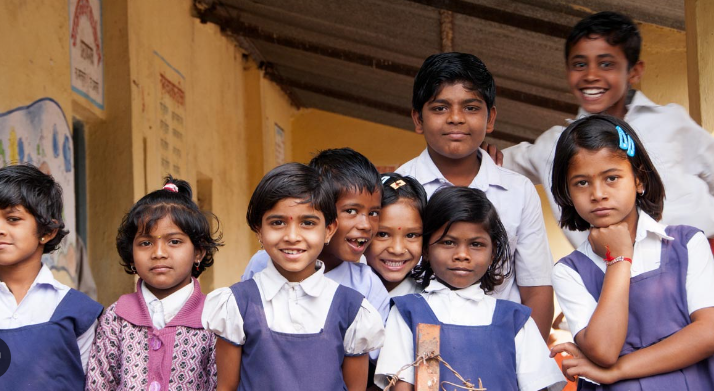
Conclusion of West Bengal Board Of Primary Education Policy
In conclusion, the Bengal education policy’s approach to second and third languages represents a paradigm shift in the field of education. By acknowledging the significance of linguistic diversity and tailoring language choices to local demographics, the policy paves the way for a more inclusive and culturally enriched educational system. This forward-thinking approach aligns with the government’s commitment to nurturing the intellectual and cultural growth of Bengal’s youth. Official Website : https://wbbprimaryeducation.org/
Source : Google
ALSO READ : UPSC Postpones the Combined SO (Grade B) LDC Test for 2021-22.







